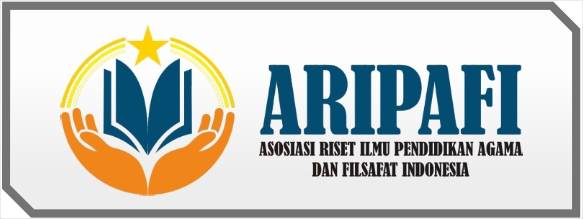Dampak Penerapan Shalawat terhadap Tingkat Percaya Diri Siswa di SDN 16 Bansa
DOI:
https://doi.org/10.61132/hidayah.v1i3.32Keywords:
Blessings, Confidence, StudentsAbstract
This research aims to explore the impact of implementing shalawat on the level of student self-confidence at SDN 16 Bansa. Shalawat is prayer and praise to the Prophet Muhammad SAW which is often practiced in the daily lives of Muslims. The research method used was an experiment with a pretest-posttest control group design, involving two groups: an experimental group that followed the application of shalawat and a control group that did not. The instrument used was a questionnaire to measure students' level of self-confidence before and after the intervention. Data were analyzed using descriptive and inferential statistical techniques. The results of the research show that the application of shalawat has a significant positive impact on increasing the level of student self-confidence at SDN 16 Bansa.
References
Abdurrahman, S. (2007). Keutamaan Shalawat untuk Nabi. Penerbit Darul Qasim.
Adrika Fithratul Aini. (2014). Living Hadits dalam Tradisi Malam Kamis Majelis Shalawat Abda bil Musthafa. Ar-Raniry International Journal of Islamic Studies, 2(1). https://journal.ar-raniry.ac.id/index.php/arabiyat/article/view/60
Alsa, Asmadi, dkk. (Tahun tidak diketahui). Hubungan Antaradukungan Sosial Orang Tua dengan Kepercayaan Diri Remaja. Semarang Journal of Psychology. Diakses dari [nama situs web jika ada]
Ghufran, dkk. (2011). Teori-teori Psikologi. Jogjakarta: Arruz Media.
Jurnal Al-Lubab. (2016). Vol. 1, No. 1.
Jurnal At-Thariqah. (2016). Vol. 1, No. 2.
Jurnal At-Thariqah. (2016). Vol. 1, No. 2.
Jurnal Tarbiyah Islamiyah. (2015). Vol. 5, No. 1, Januari-Juni.
Nugroho, R. (2003). Prinsip Penerapan Pembelajaran. Jakarta: Balai Pustaka.













